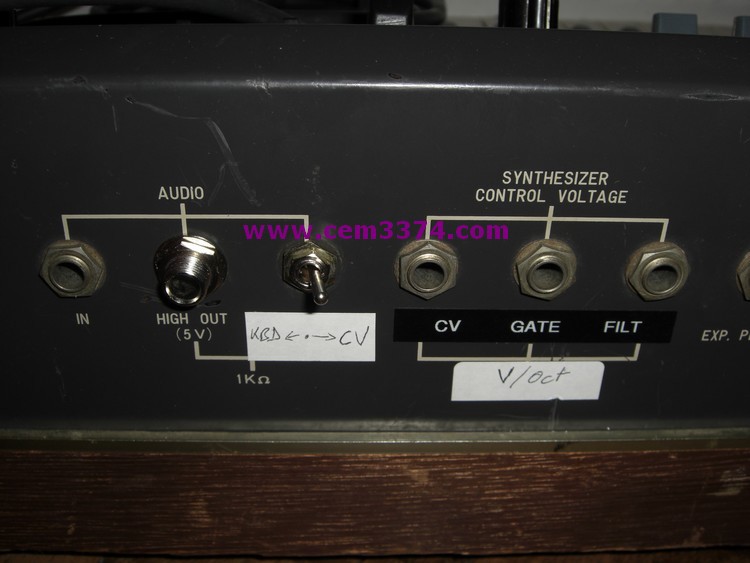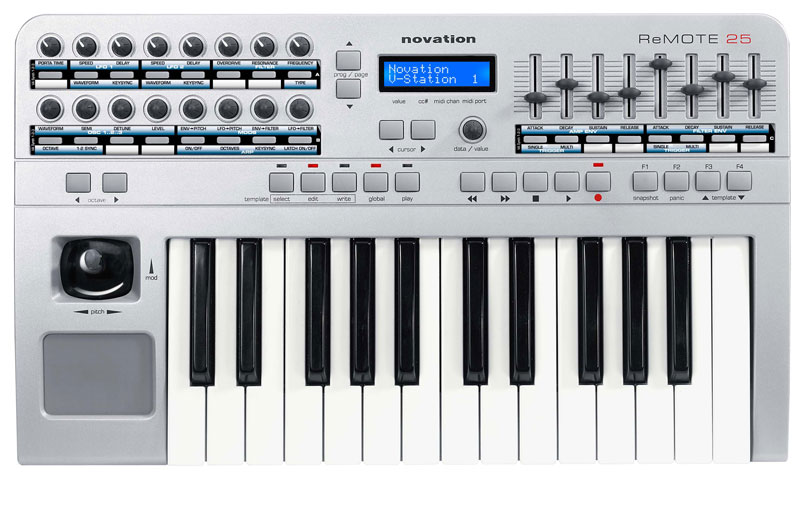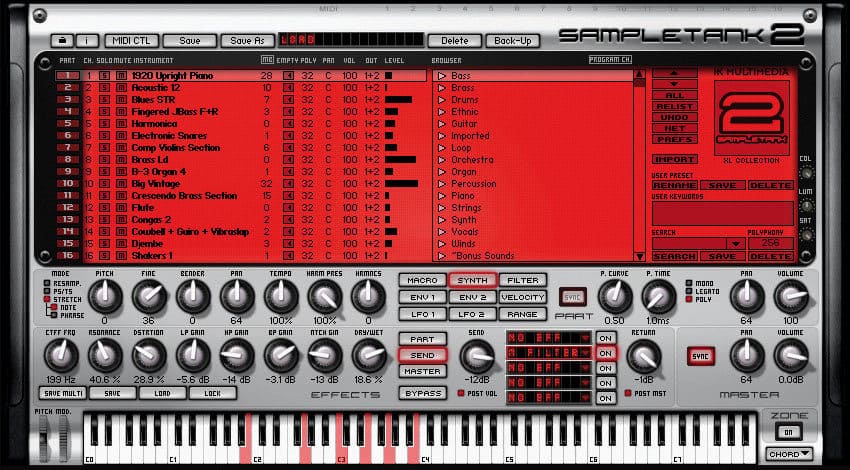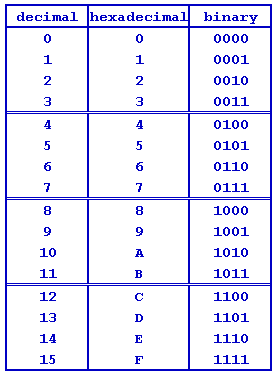MIDI and Control
MAT 200B
Andrés Cabrera
Before MIDI

Before MIDI

Before MIDI
Propietary interfaces (e.g. DCB)
MIDI
Musical Instrument Digital Interface
Dave Smith from Sequential Circuits proposed this standard at the Audio Engineering Society show in November 1981
January 1983 Winter NAMM Show, Smith was able to demonstrate a MIDI connection between his Prophet 600 analog synthesizer and a Roland JP-6
http://en.wikipedia.org/wiki/MIDI
MIDI
http://www.youtube.com/watch?v=2A6ZXZwl3nA
MIDI

MIDI Controllers and modules

MIDI modules






http://www.youtube.com/watch?v=D7OeRkXWTtQ
http://www.youtube.com/watch?v=_SGwDhKTrwU
MIDI Protocol


Status Byte
followed by 1 or more data bytes
MIDI messages are made up of 8-bit words (commonly called bytes) that are transmitted serially at 31.25 kbaud.
MIDI Data
- MIDI data is enconded using 7-bits
- or groups of 7 bits
- 1 bit is used for status/data identification
- 7-bit resolution => range 0-127
- This range is mapped to "musical" values
- notes
- middle C = 60
- each value is a semitone

+ System messages ( e.g. SYSEX :System exclusive messages)
where everything else goes
MIDI Sequencers

Time is frozen!
Standard MIDI files
Once computer sequencers were available,
it was clear that a format for storing MIDI files on disk was needed.
MIDI has no timing information!
So the Standard MIDI file (SMF) adds this
before each MIDI message
in the form of time deltas to previous message
Standard MIDI file
Type I:
Single track
Type II:
Multi-track
Type III:
Multi sequence
MIDI files became ubiquitous in Karaoke machines and ring tones
General MIDI
Another addition to the MIDI standard to standardize instrument types and sounds
http://en.wikipedia.org/wiki/General_MIDI
Other forms of control
Several have been proposed
but the only one that has caught on is OSC
(Open Sound Control)
OSC
- OSC is a content format developed at CNMAT by Adrian Freed and Matt Wright
- Transport independent, although frequently implemented using the UDP protocol over ethernet.
- OSC messages consist of an Address pattern, a Type tag string, Arguments and an optional time tag
- Has not replaced MIDI, but now available in many systems including large propietary ones.
MIDI and Control
By mantaraya36
MIDI and Control
- 2,396



